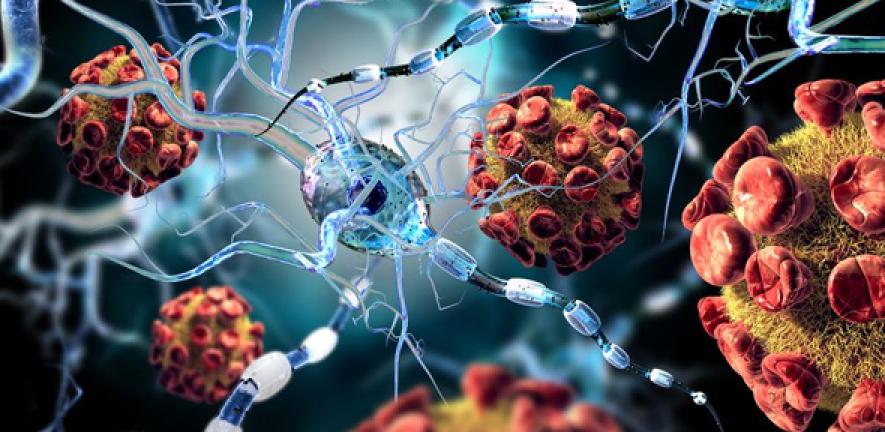
Preliminary findings suggest the compound squalamine dramatically inhibits the early formation of toxic aggregates of the protein alpha-synuclein – a process thought to start a chain reaction of molecular events eventually leading to Parkinson’s Disease.
The compound has previously been used in clinical trials for cancer and eye conditions in the United States. A trial in Parkinson’s Disease patients is now being planned by one of the researchers involved in the study.
Squalamine is a steroid which was discovered in the 1990s in dogfish sharks, although the form now used by scientists is a safer, synthetic analogue.
Professor Christopher Dobson, CMD co-director, said: “Squalamine not only slows down the formation of the toxins associated with Parkinson’s Disease, but also makes them less toxic altogether.”
This is an excerpt from the University Research News item: A natural compound can block the formation of toxins associated with Parkinson’s Disease.
Reference:
A natural product inhibits the initiation of α-synuclein aggregation and suppresses its toxicity, is published in Proceedings of the National Academy of Sciences. DOI: 10.1073/pnas.1610586114

